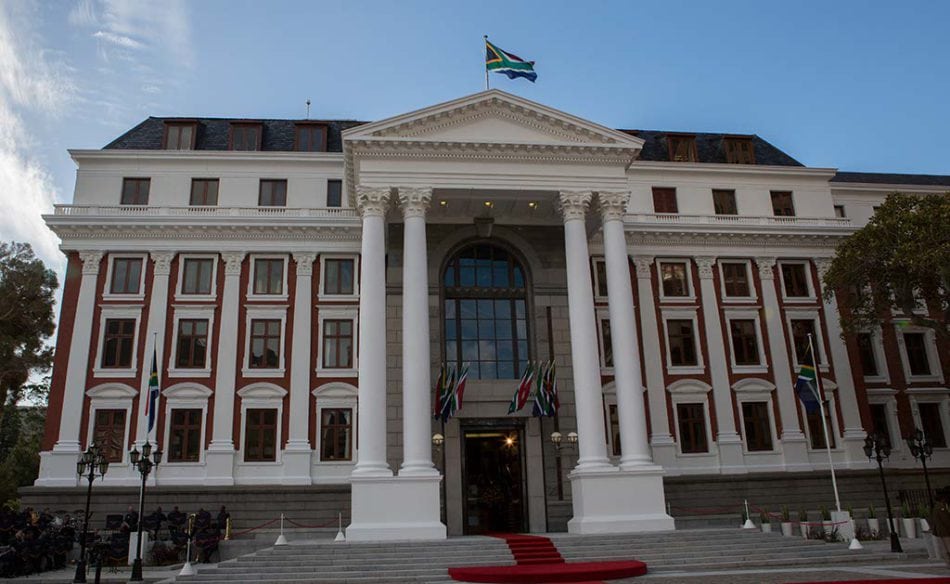Amid ongoing challenges in South Africa, private companies have begun stepping in to provide essential services traditionally provided by the government.
In cities like Johannesburg, businesses such as Discovery Ltd., Sibanye-Stillwater Ltd., and others, are financing infrastructure improvements, educational upgrades, and security initiatives.
Economic analysts argue this private intervention is a response to government corruption, infrastructural failures, and political stagnation that have disrupted everyday life.
Persistent power outages, undrinkable water in some areas, and a struggling education system illustrate the nation’s mounting challenges.

However, this private sector intervention isn’t purely altruistic.
As Lungisa Fuzile, CEO of the South African unit of Standard Bank Group Ltd., states, “You can’t successfully run a private company in a sea of chaos.”
While beneficial, their efforts to stabilize conditions primarily aim to protect their operations and businesses.
Nevertheless, this increasing dependency on private entities has further exposed the widening wealth disparity in South Africa, as corporations are unlikely to address issues unrelated to their operations.
This is a concern as some predict that South Africa could risk becoming a failed state due to these unresolved challenges.
In preparation for the upcoming elections, the ANC government is reportedly leaning on the private sector to take up more public responsibilities, a move which some see as an attempt to retain power.
This has raised mixed reactions, especially among unions who oppose private involvement in public sectors like electricity, rail, and water.
Critics argue the government’s inability to provide essential services has let down its citizens.
If the situation continues, the nation could face an increase in violent protests, borne out of citizens’ frustration over the lack of essential services and economic opportunities.
However, there are hopes that the government’s new willingness to collaborate with the private sector might pave the way for a swift resolution of these pressing issues.

